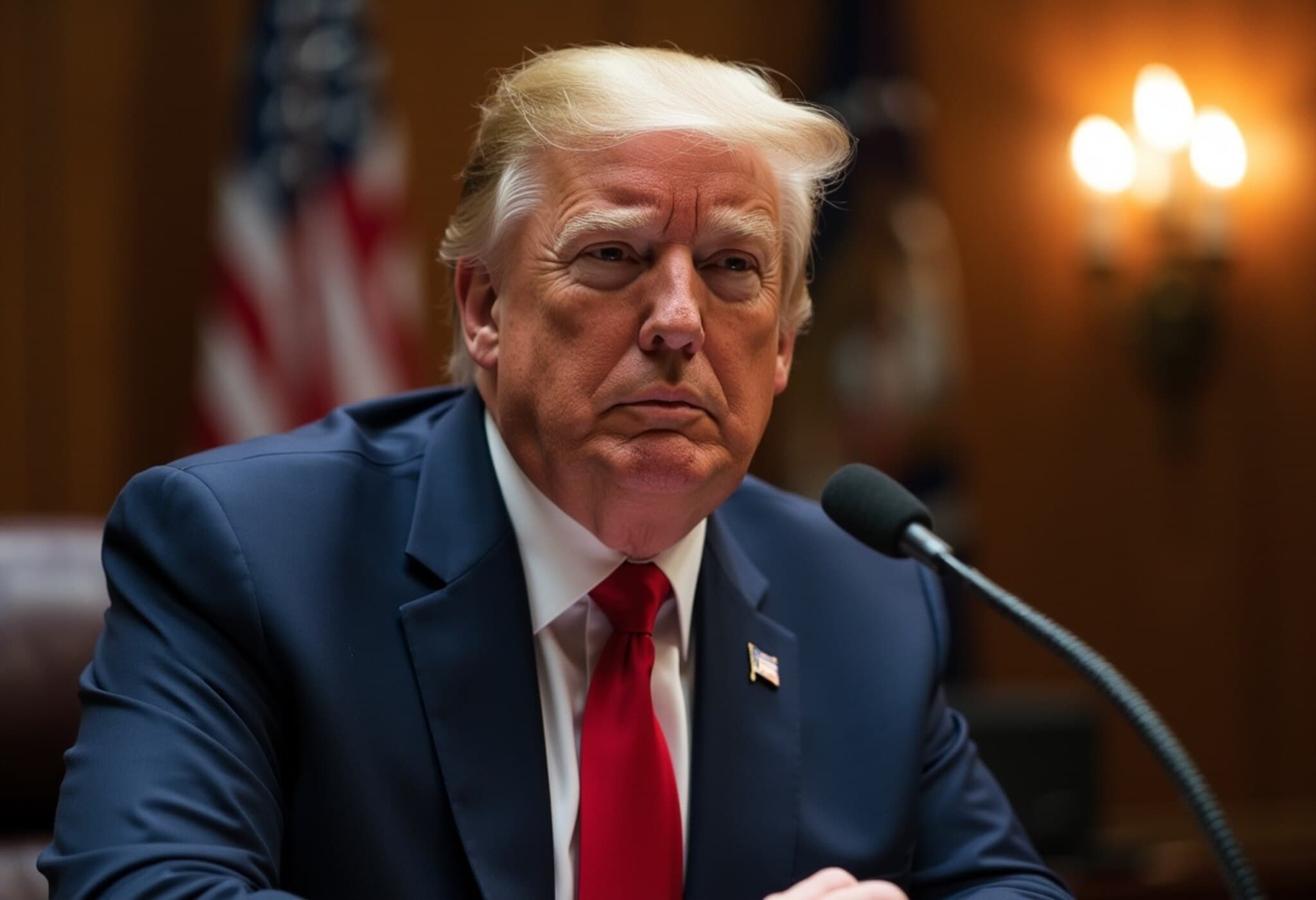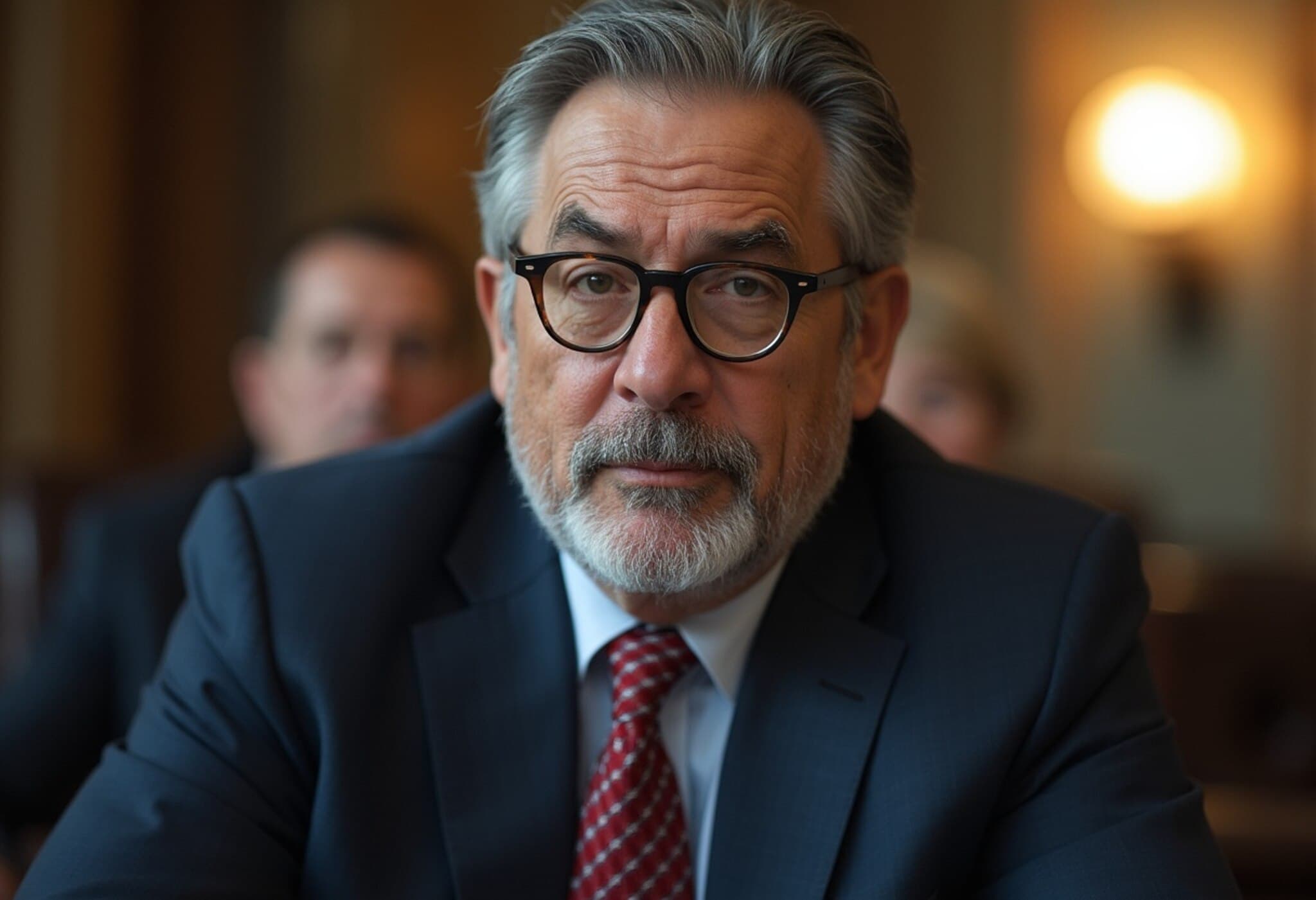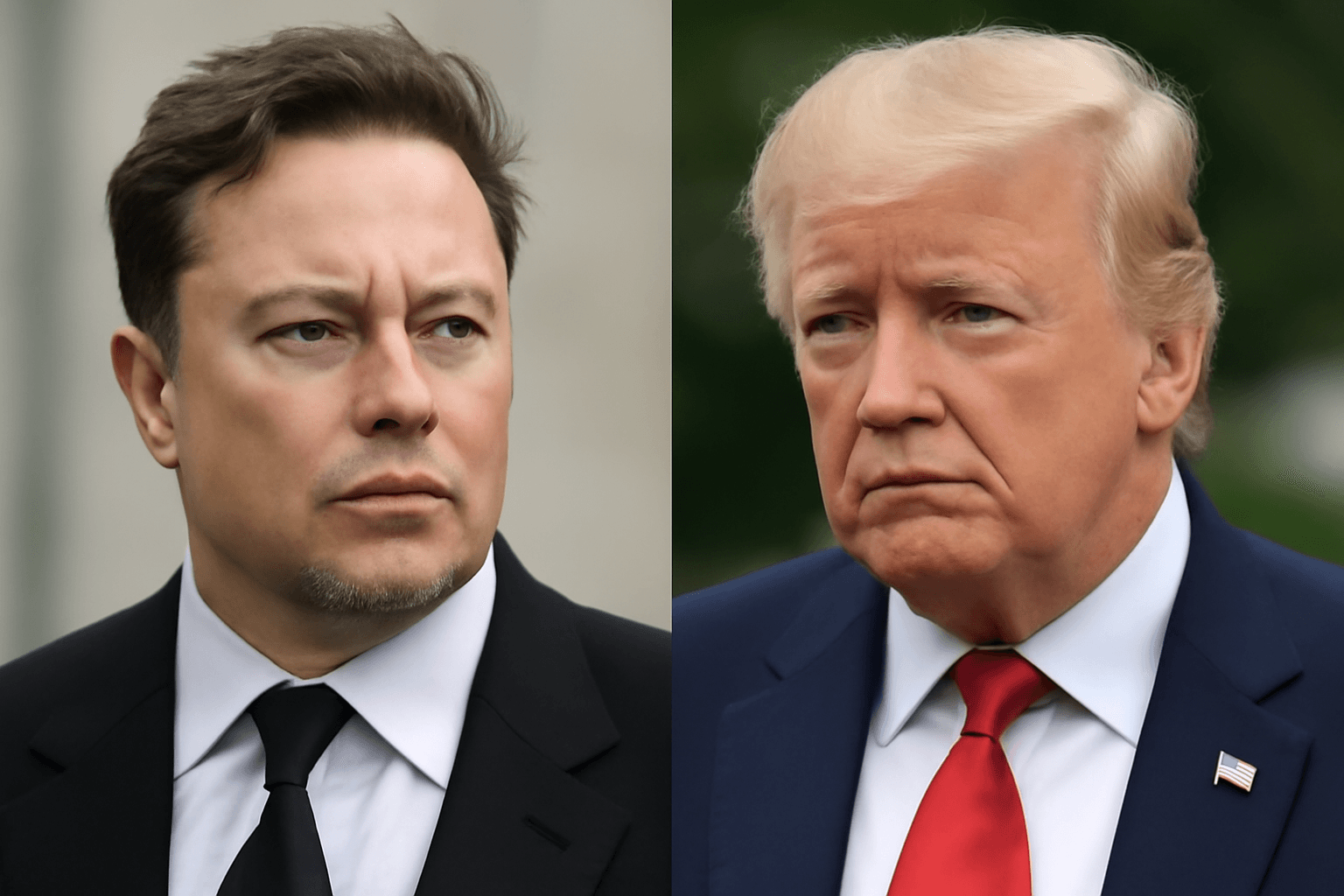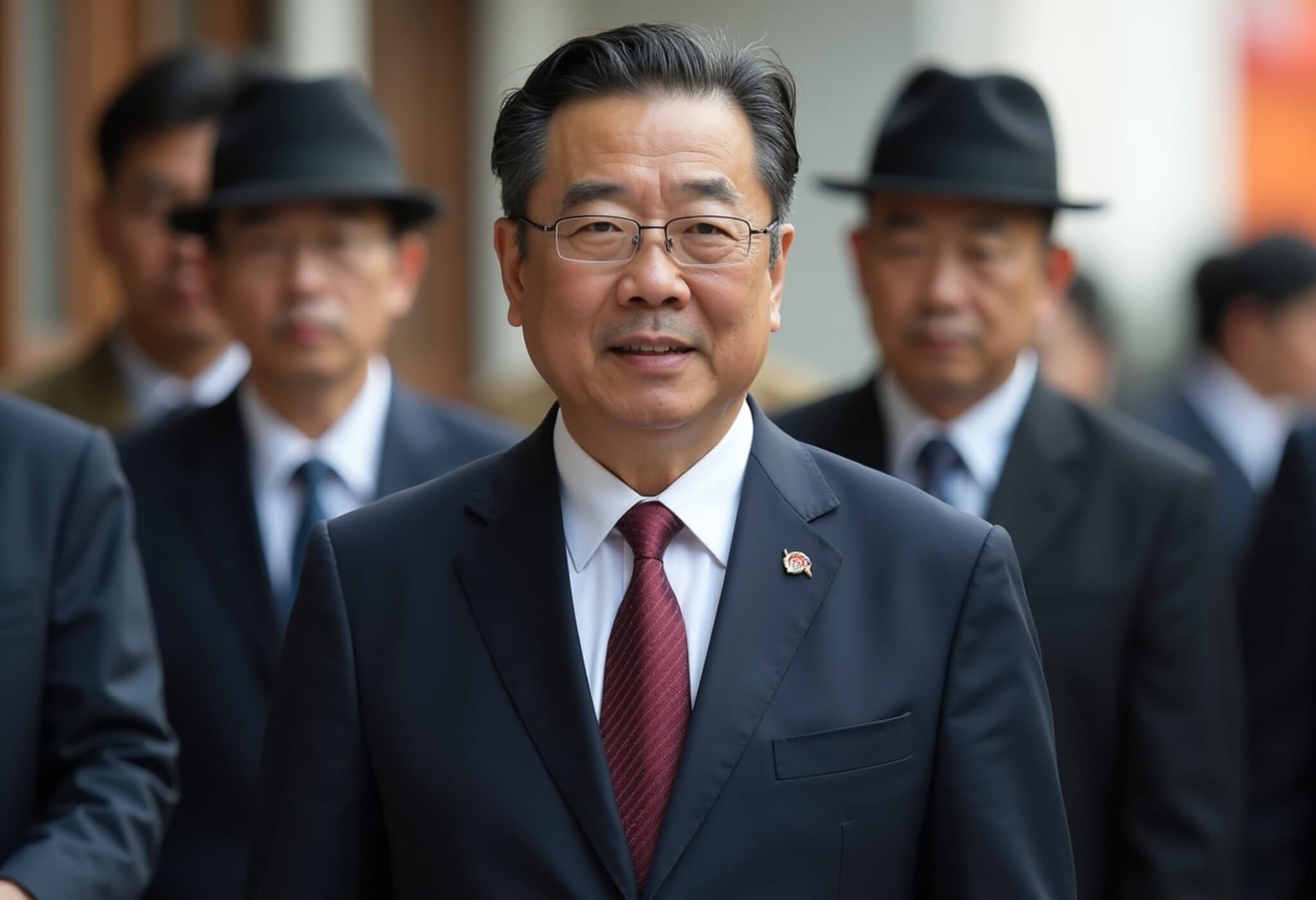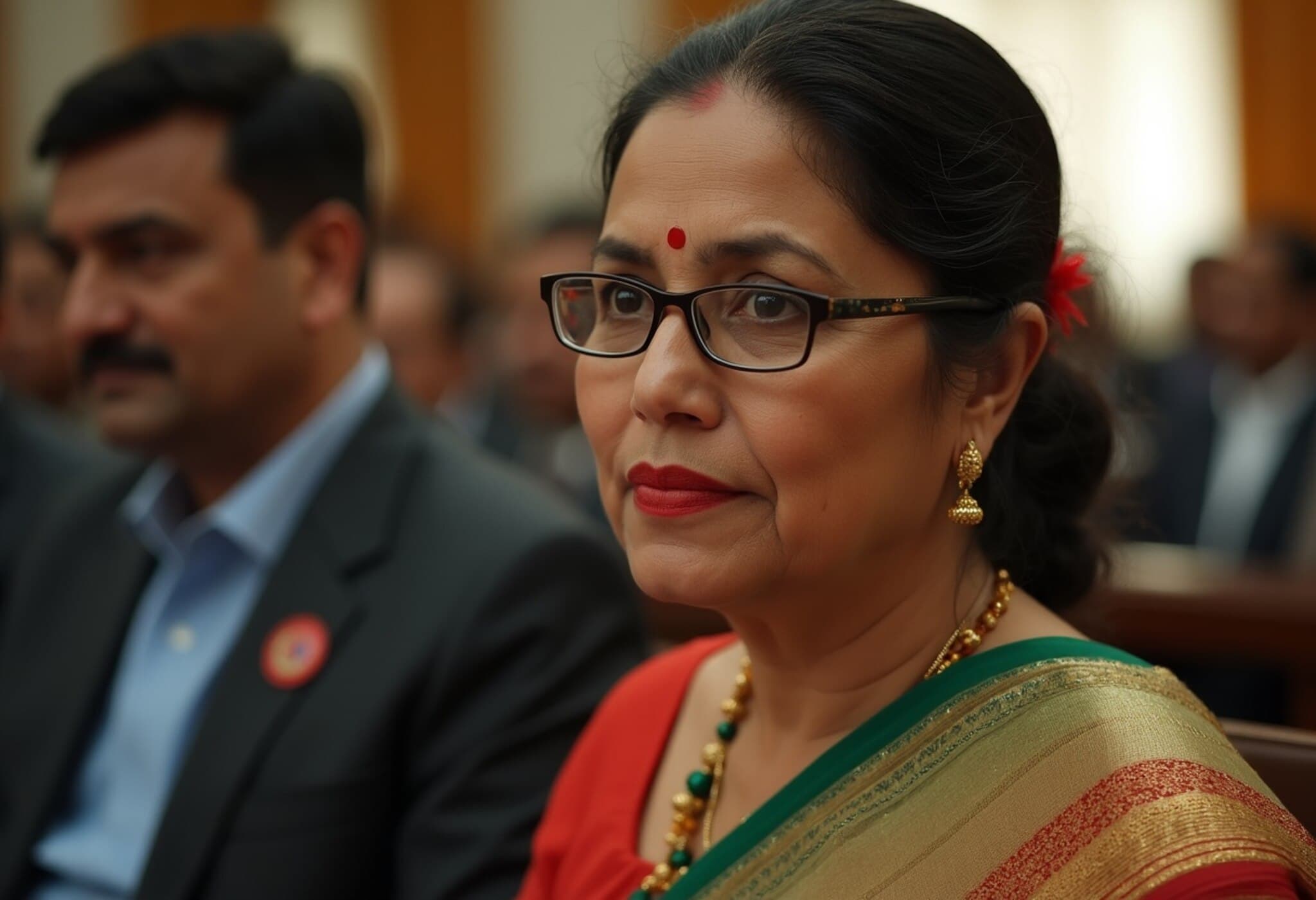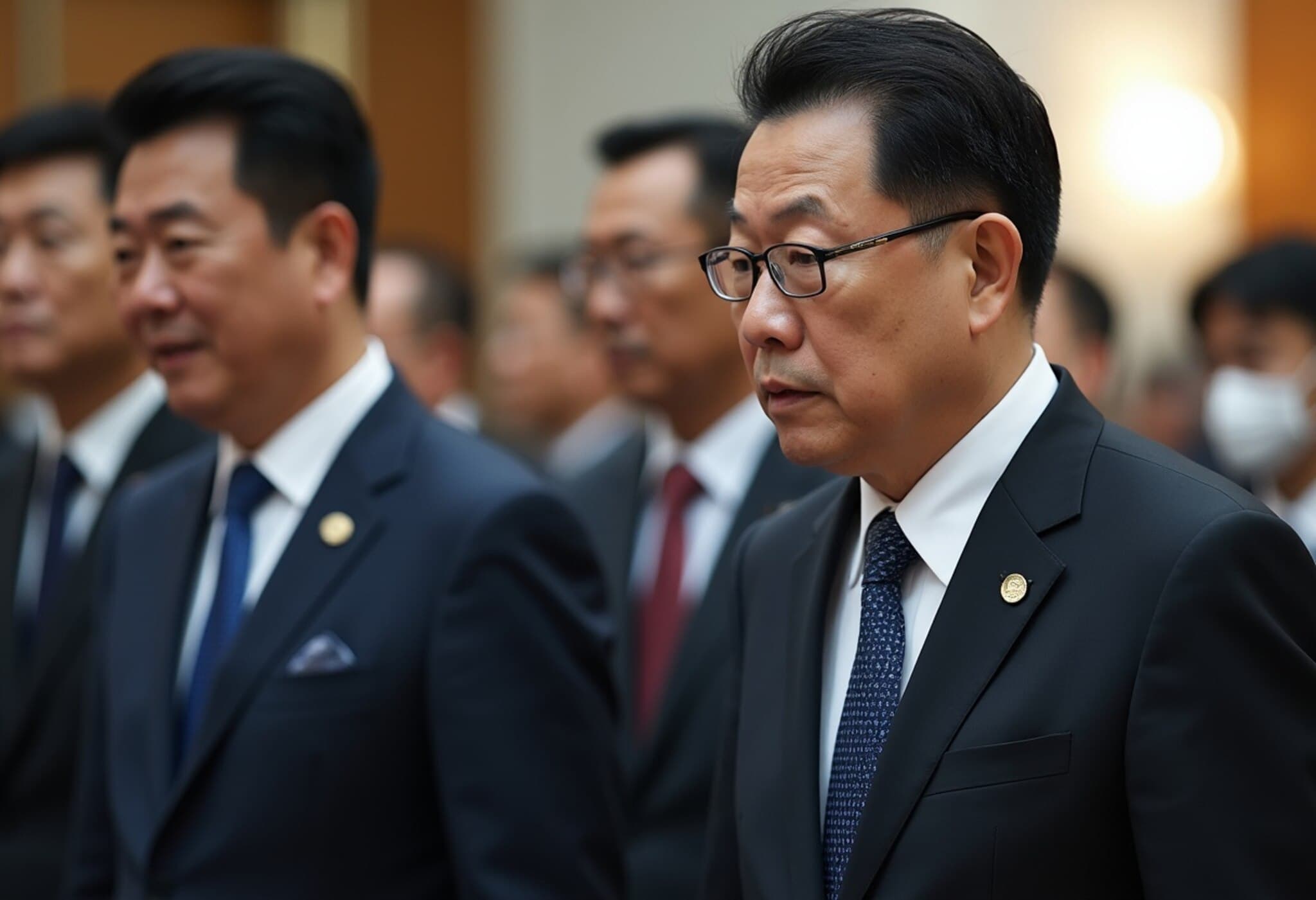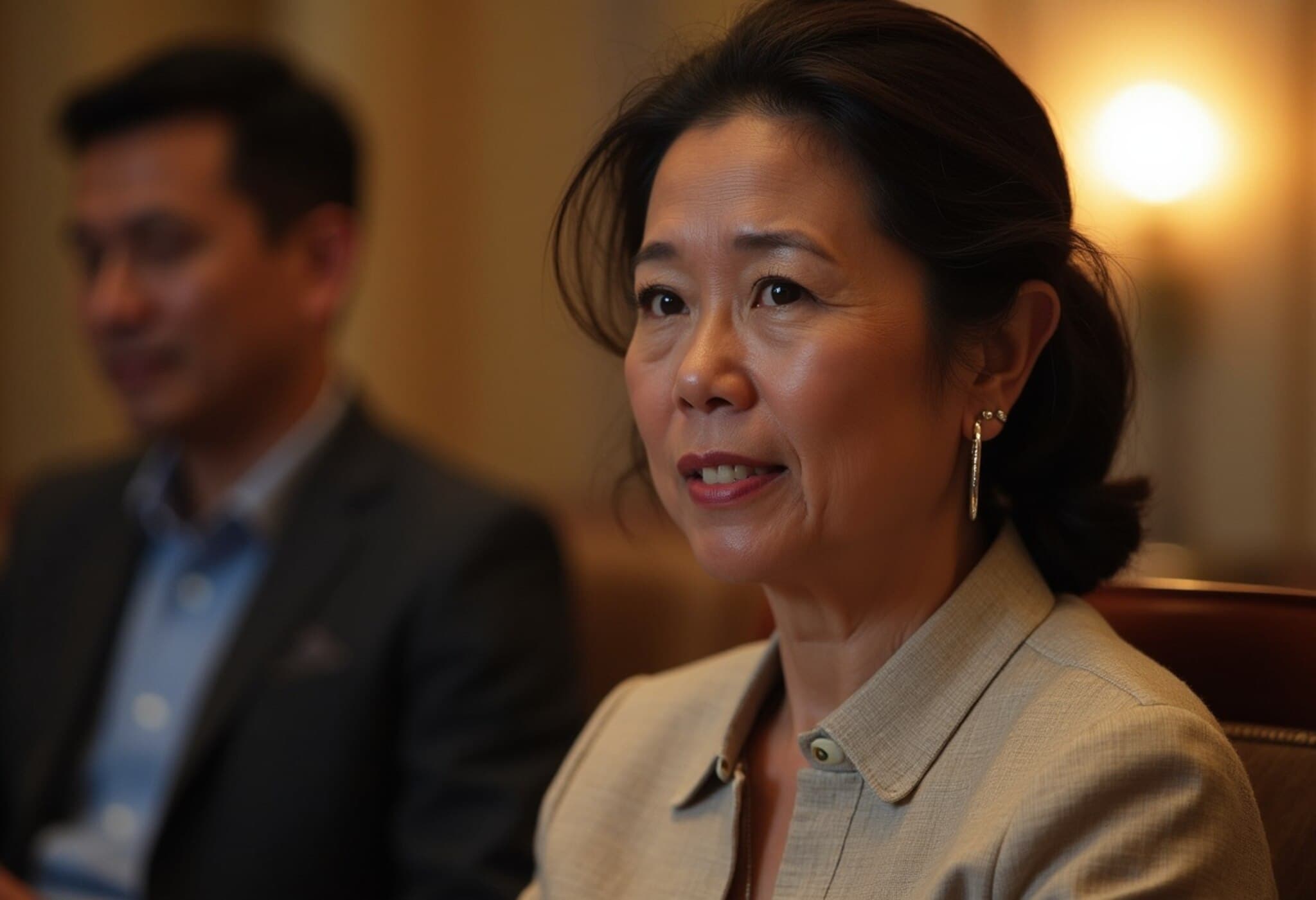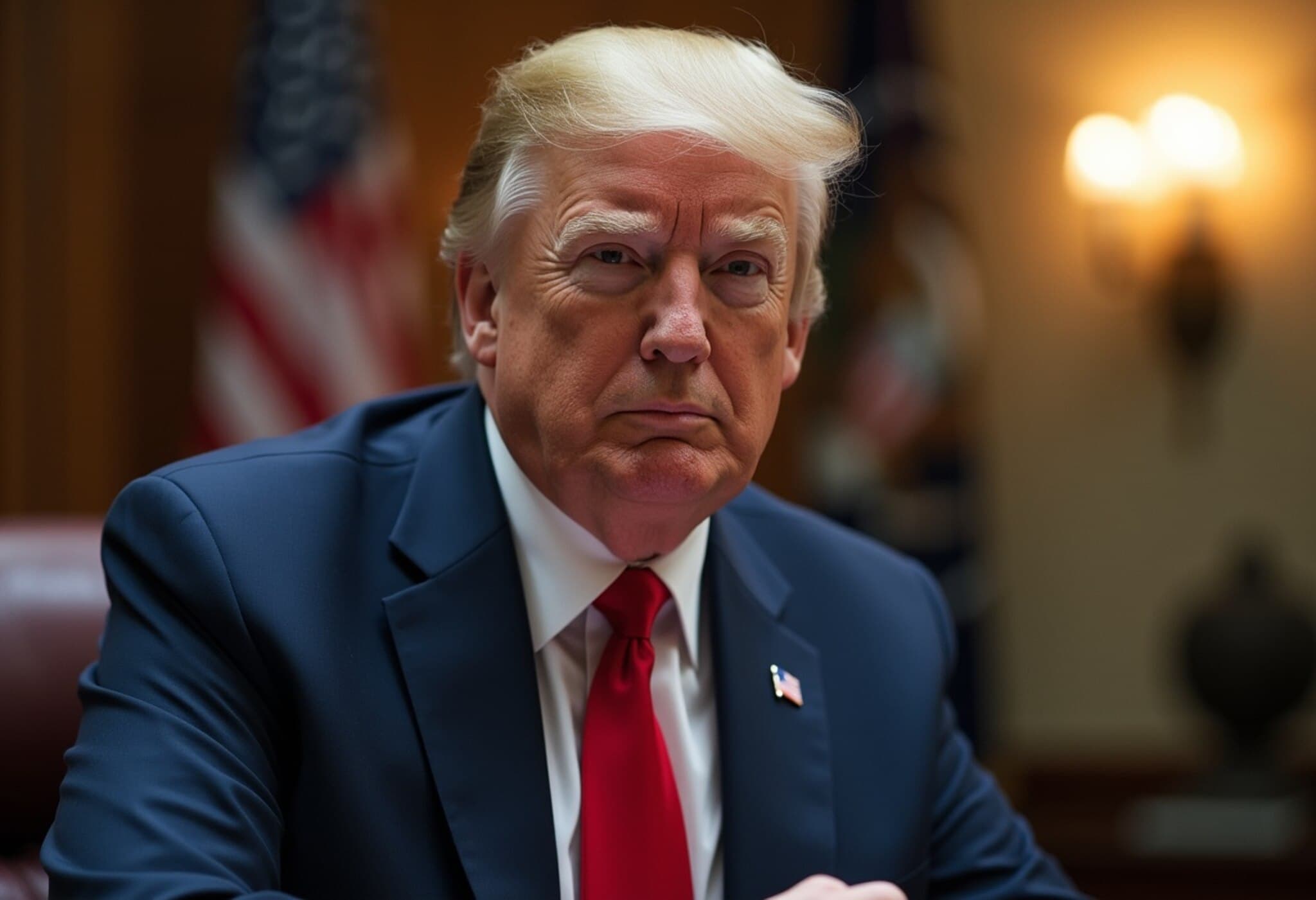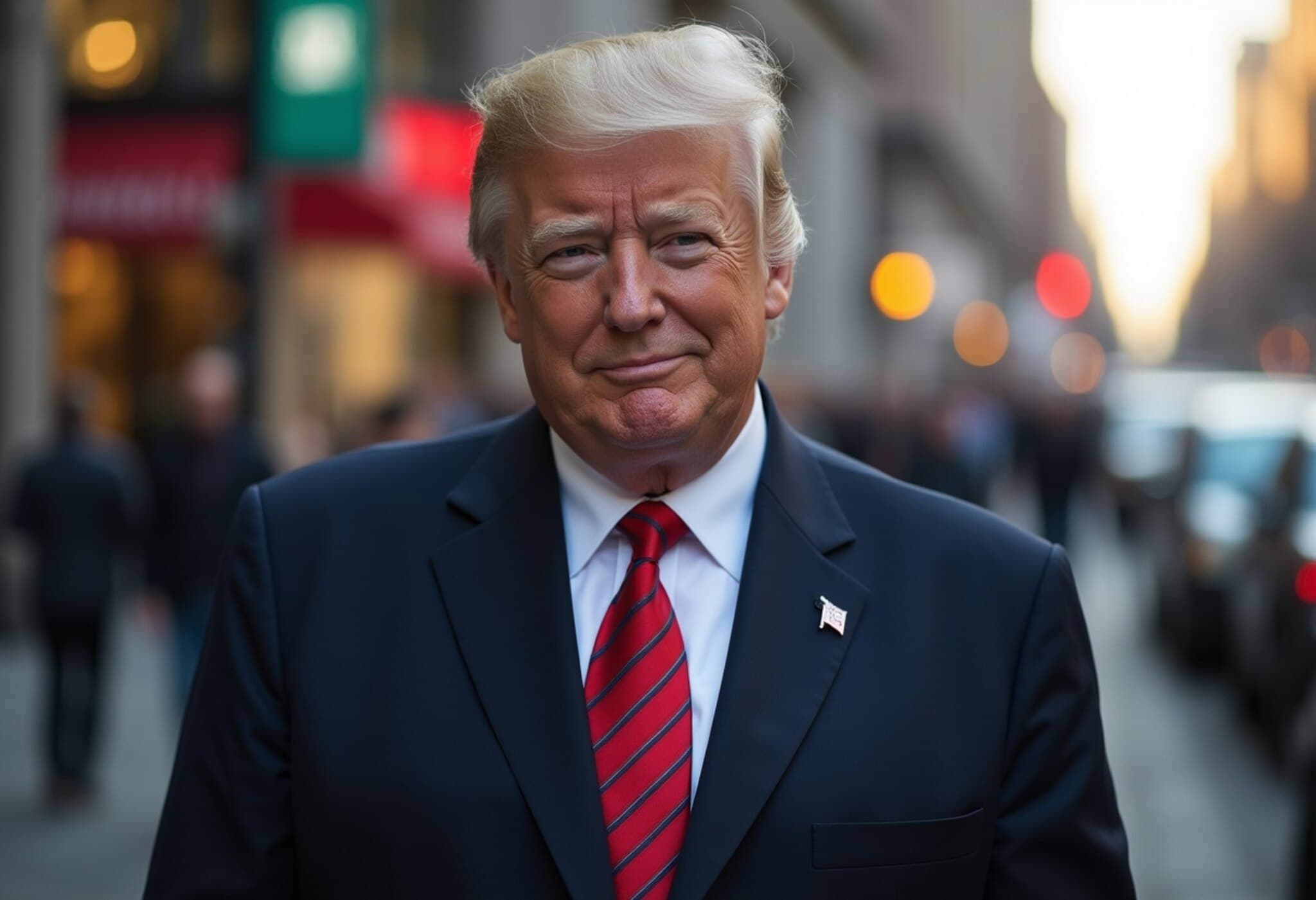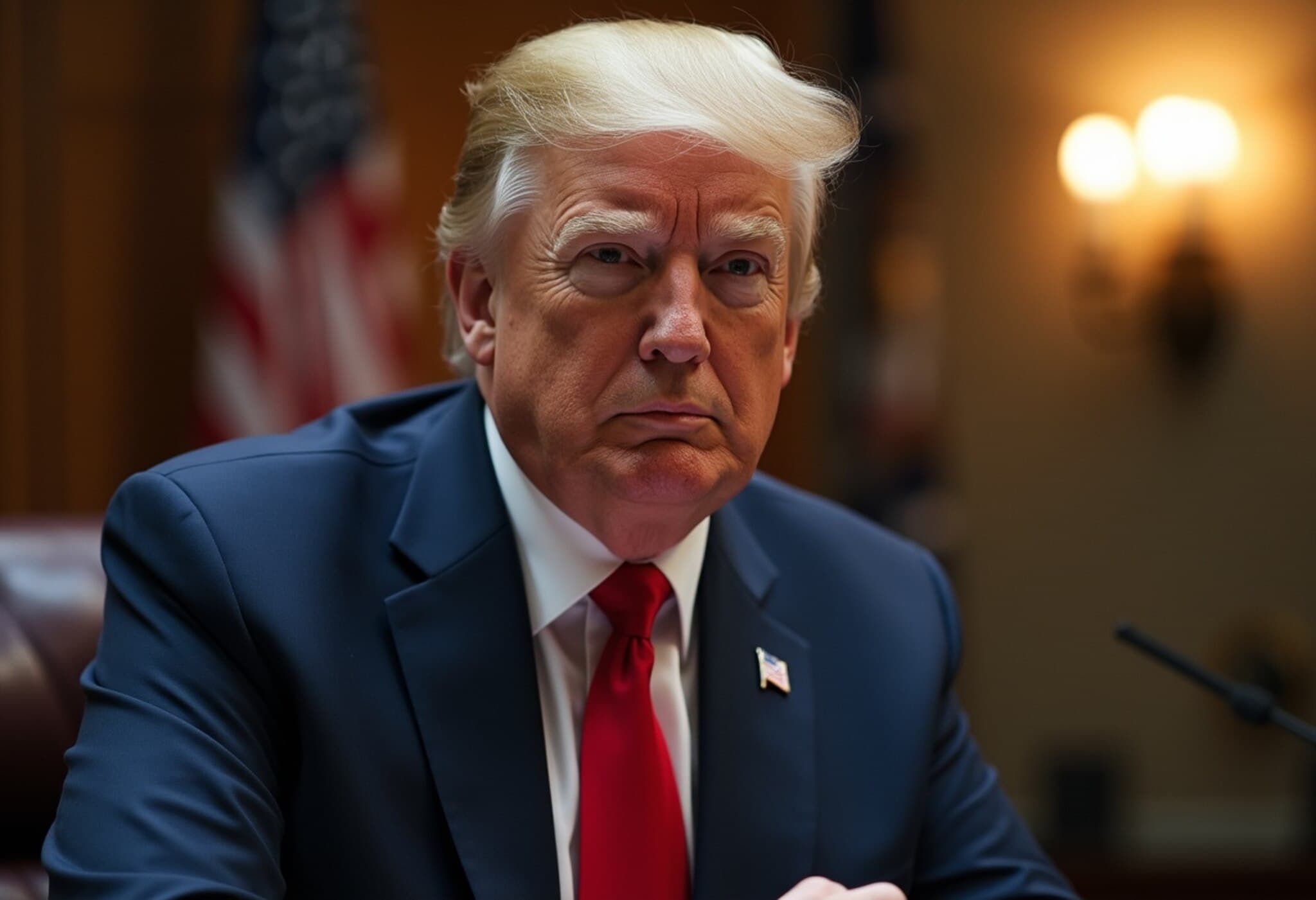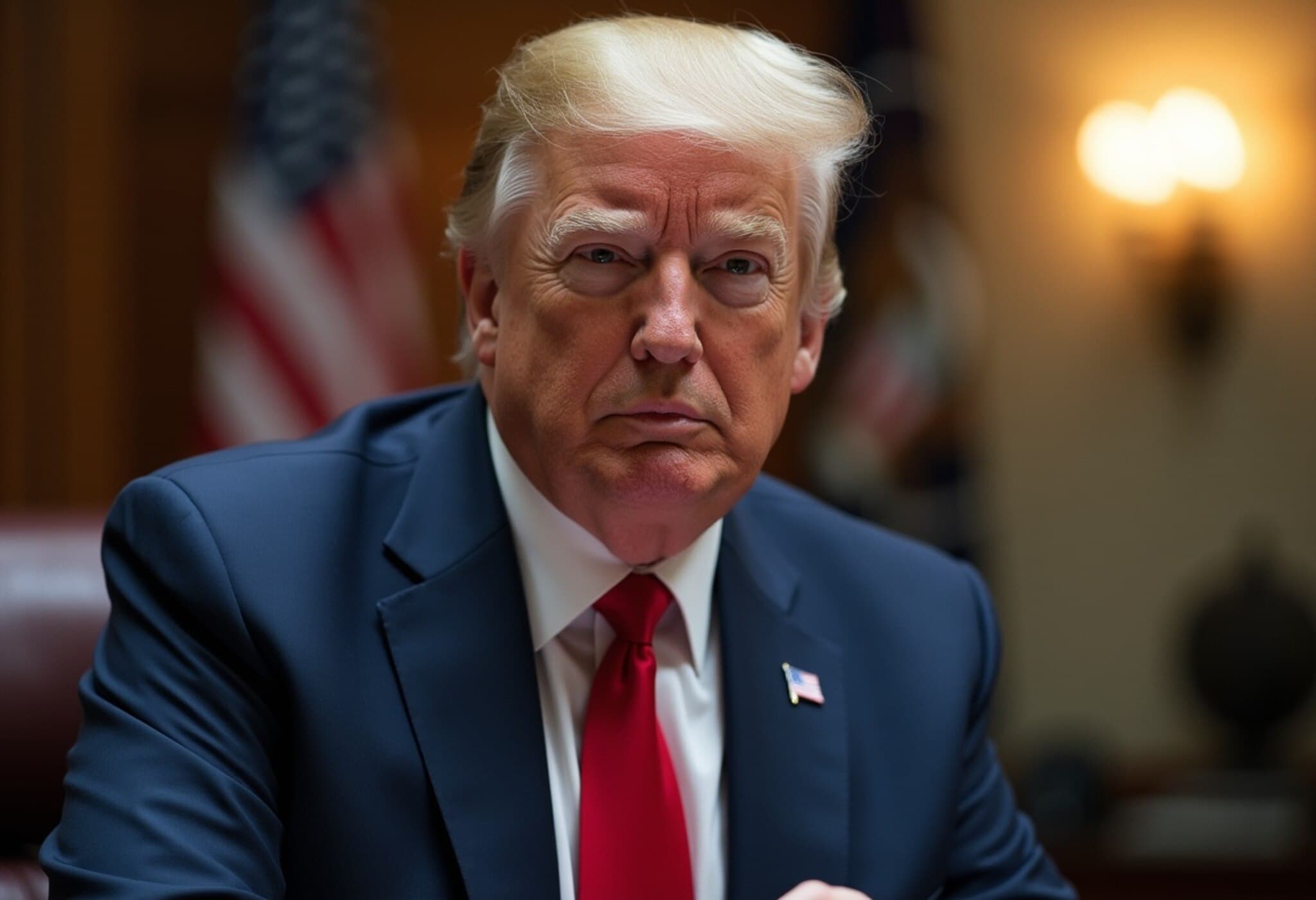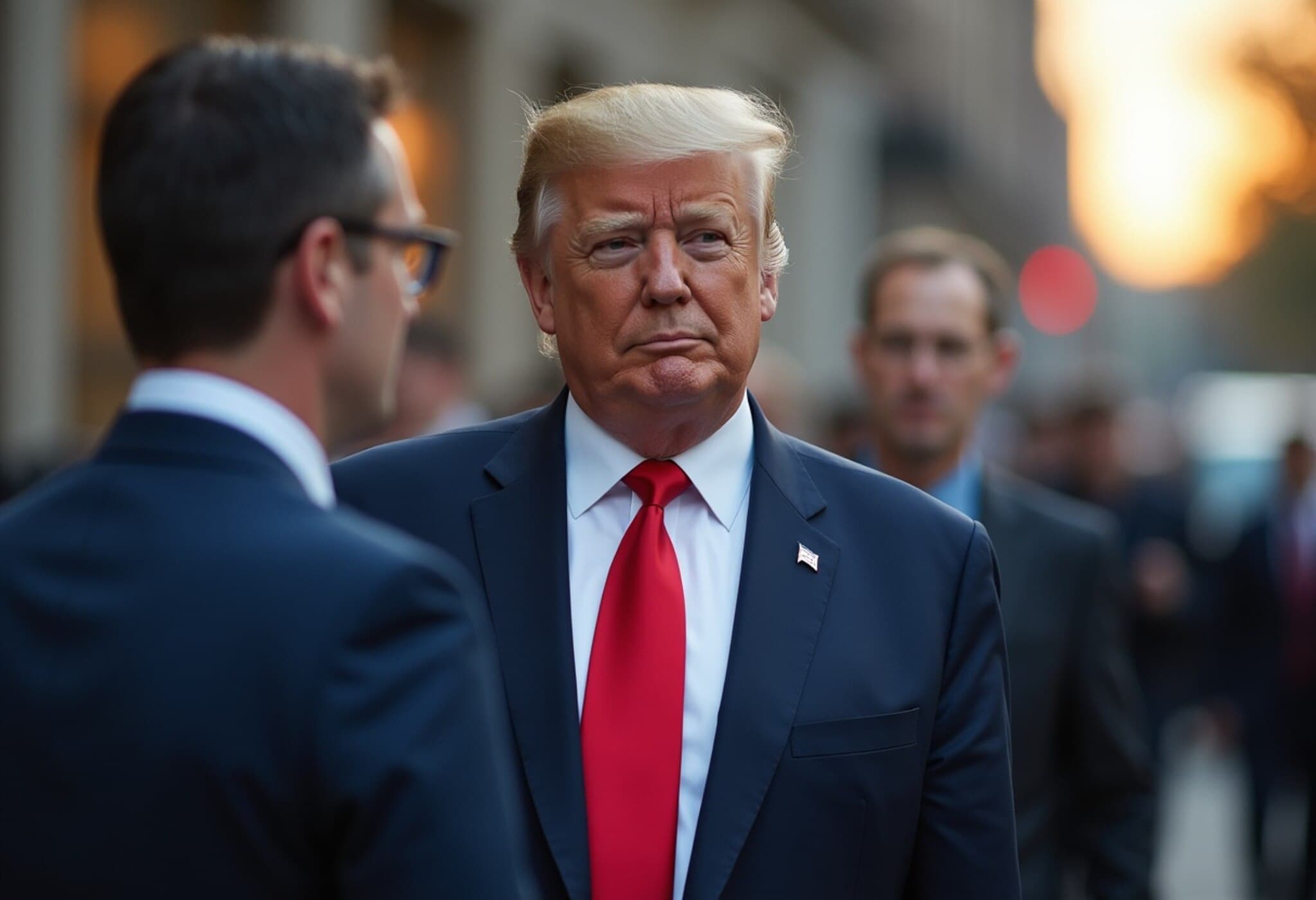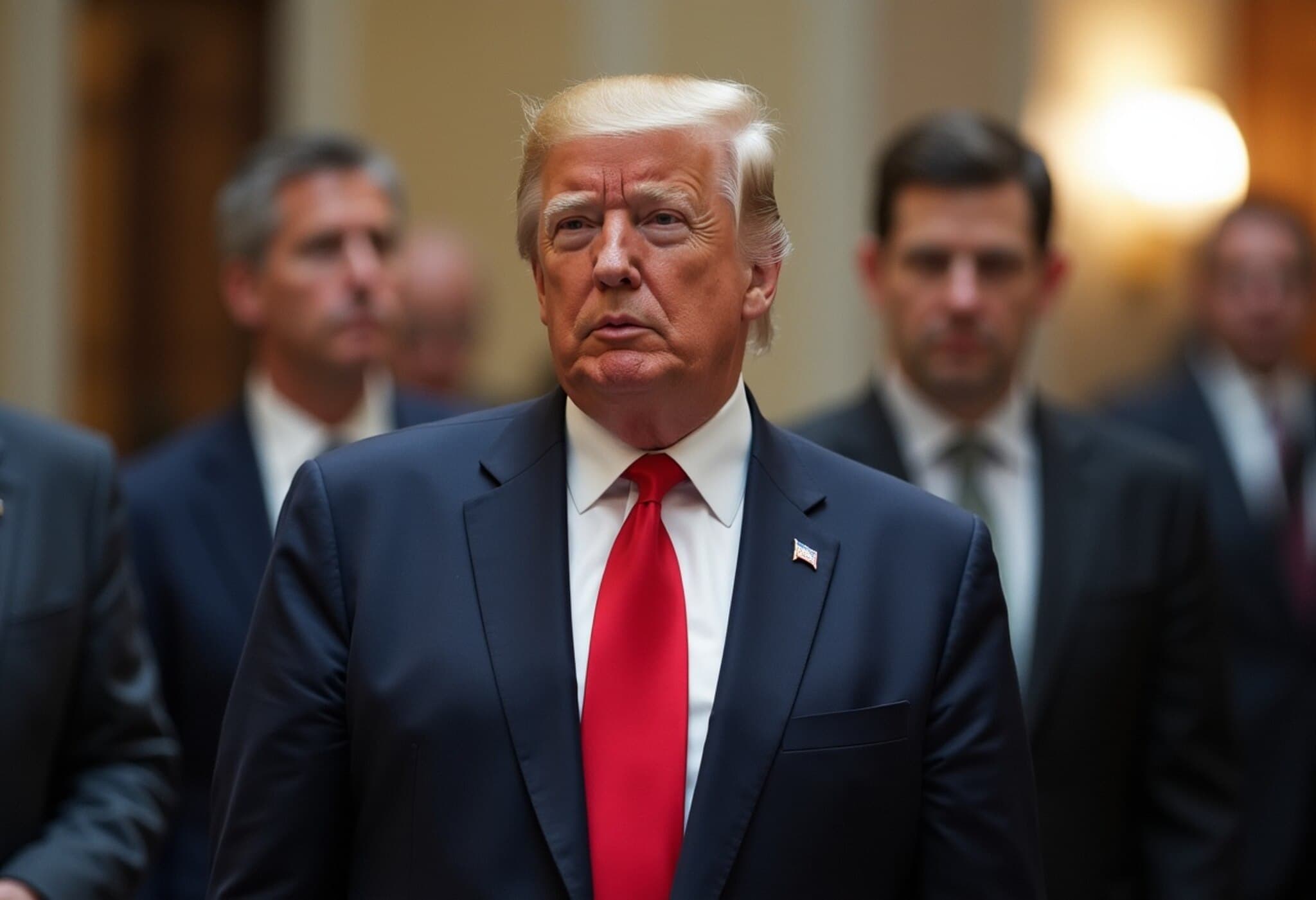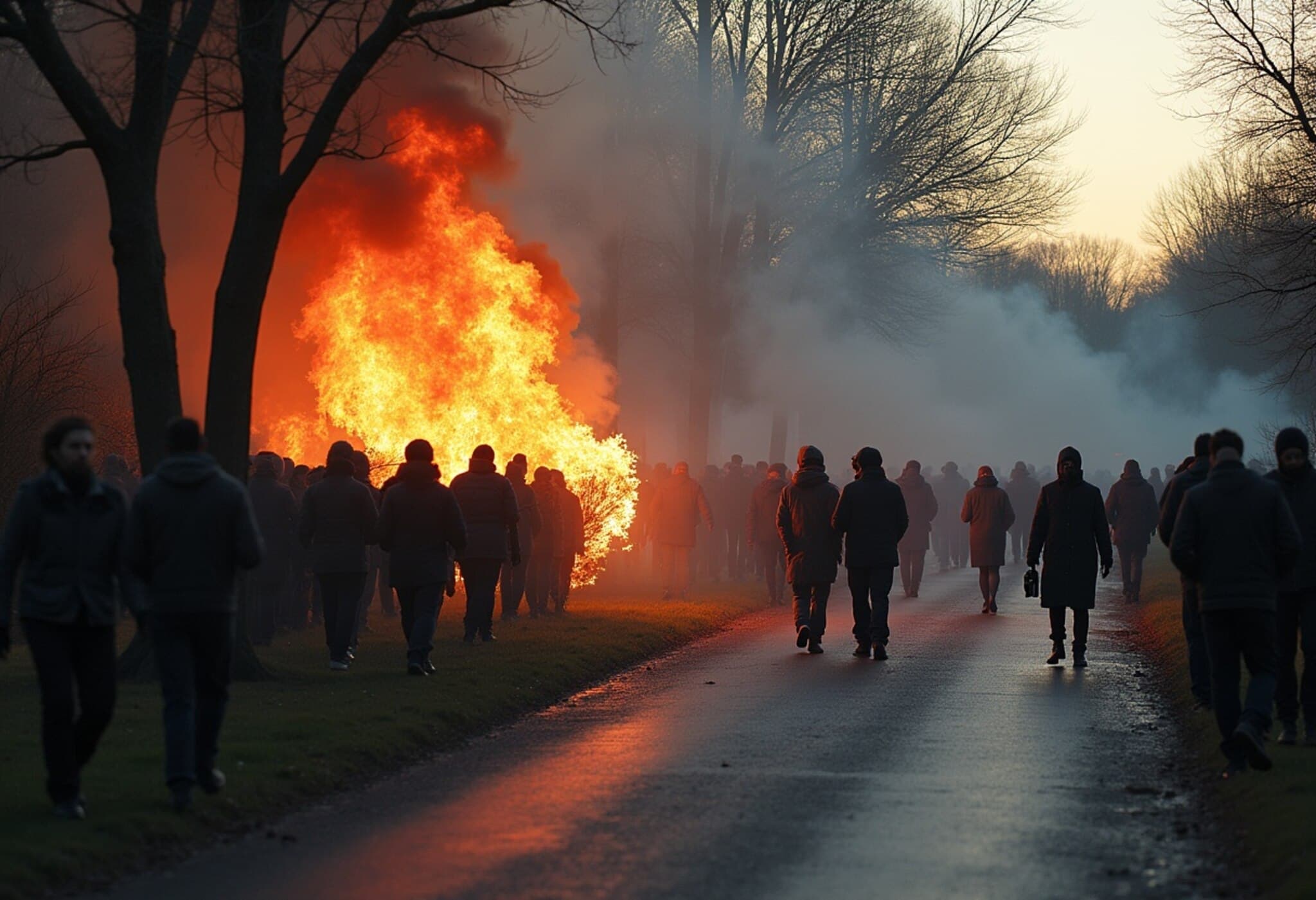Florida Federal Judge Assigned to Trump’s $10 Billion Libel Lawsuit
In a striking development, the latest lawsuit filed by former President Donald Trump against media mogul Rupert Murdoch will be overseen by the same Florida federal judge who previously presided over Trump’s high-profile breach-of-contract case against his former personal attorney, Michael Cohen.
Background: Trump's Legal Challenges and Judge Darrin Gayles
The $10 billion defamation lawsuit stems from a Wall Street Journal article alleging Trump sent a birthday letter to the disgraced financier Jeffrey Epstein. The lawsuit names not only Murdoch but also his company News Corp, Dow Jones & Company—the Journal’s publisher—its CEO Robert Thomson, and the two reporters responsible for the controversial article.
Judge Darrin Gayles, who was randomly assigned to the case, has a notable judicial history. Appointed by President Barack Obama in 2014, Gayles made history as the first openly gay Black man to serve as a federal judge. His past rulings include presiding over Trump's $500 million lawsuit against Michael Cohen, which Trump dropped shortly after Gayles scheduled a deposition that would have required Trump to testify under oath.
Legal Strategy and Potential Obstacles
Trump’s previous lawsuit against Cohen collapsed amidst mounting legal pressure, especially when Gayles demanded Trump's deposition. This precedent raises interesting questions about how the current Murdoch case might unfold. Legal analysts suggest that Gayles could also compel Trump to sit for a deposition in this new case, potentially exposing the former president to intense legal scrutiny.
Trump has publicly denied writing the letter to Epstein, who was a convicted sex offender that died by suicide in 2019. The letter allegedly became part of a broader federal investigation into Epstein’s criminal activities, reported just days before the lawsuit was filed.
Expert Perspectives: Will Trump Follow Past Patterns?
- Michael Cohen: Trump’s former lawyer predicts the lawsuit against Murdoch will move forward, unlike the Cohen case. Cohen suggested Murdoch might seek to settle, especially considering the high stakes, including potential advertiser pullback and loss of White House access for journalists.
- Lanny Davis: Cohen's own former attorney speculates Trump might again withdraw the suit once faced with the prospect of a deposition, viewing it as an unwise move that could alienate his political base during a critical time.
Davis likened filing the defamation claim to inviting further invasive scrutiny, arguing that it contradicts sound crisis management by reigniting intense media attention and legal questioning.
Political and Media Implications
This lawsuit unfolds against a backdrop of mounting pressure on the Department of Justice to disclose investigatory files related to Jeffrey Epstein’s criminal network. Trump’s historical connection with Epstein, including their once amicable relationship, continues to attract media focus, especially given Epstein’s notoriety and the severity of allegations against his associates, notably Ghislaine Maxwell.
Notably, the legal battle could impact the newsroom dynamics surrounding the Wall Street Journal, an influential publication under Murdoch’s empire, and may affect public perceptions of media accountability and political accountability alike.
Trump's Response and Next Steps
Trump has framed the lawsuit as a battle over truth, implying that Murdoch and his associates will face rigorous courtroom scrutiny. His spokesman referenced the former president’s recent social media statement, where Trump anticipates extensive depositions and testimonies.
Meanwhile, Dow Jones & Co. has reiterated confidence in its reporting and pledged a robust legal defense, signaling a potentially lengthy and bitter courtroom confrontation ahead.
Editor’s Note
This high-stakes libel case encapsulates the complex intersection of politics, media influence, and the justice system in the United States. Judge Gayles’ role—already pivotal in a previous Trump suit—could prove crucial in shaping the legal landscape around presidential accountability and press freedom.
Critical questions linger: Will Trump submit to questioning under oath, or will past patterns of legal withdrawal prevail? How might this lawsuit influence media practices and political narratives amid ongoing investigations into Epstein’s estate? As the case unfolds, its ramifications will reverberate well beyond the courtroom.

